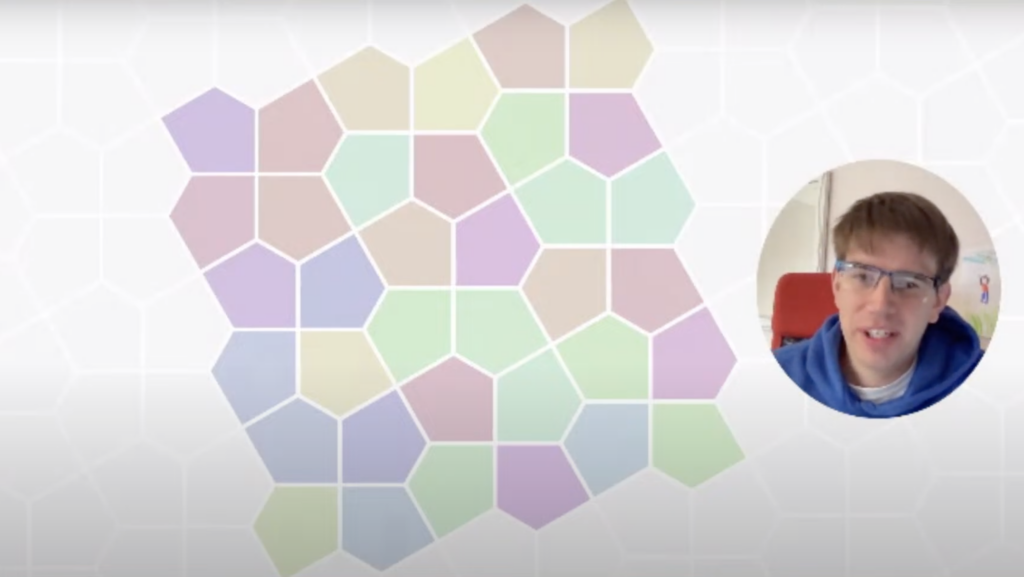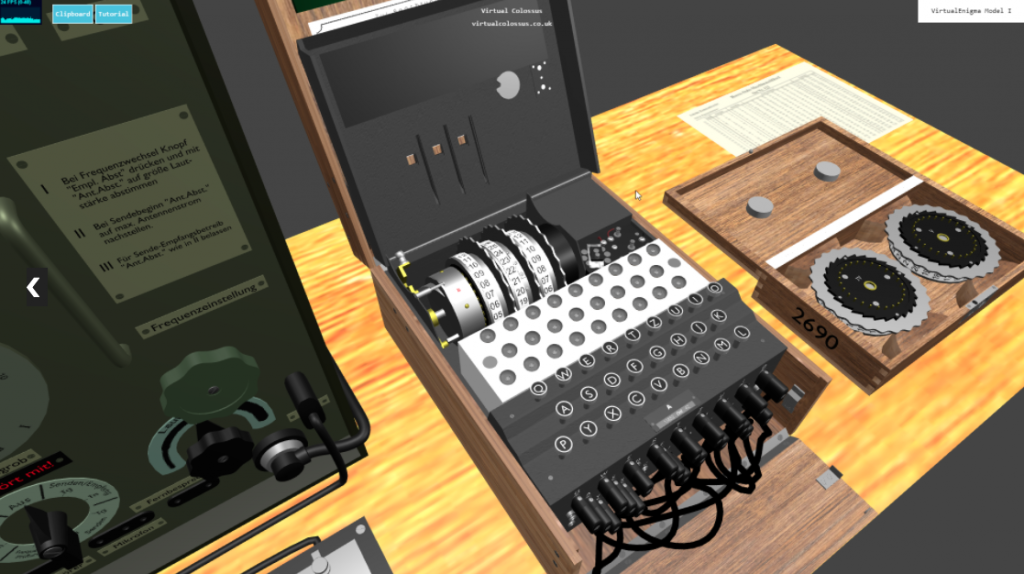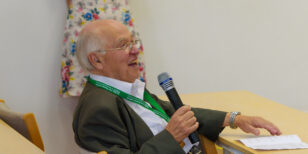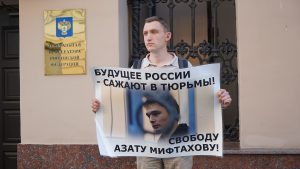Double Maths First Thing could really do with a hot lemon and honey
Hello! My name is Colin and I am a mathematician on a mission to shift this blooming cold before the weekend, when I’m meant to be in Peterborough to rehearse for the PRE show in August. Have I mentioned that previously? We’re playing at the Warwick Arts Centre as part of Talking Maths in Public.
Speaking of TMiP (and I know this belongs under “Currently”, but continuity > consistency), the animation challenge for July is live. Can you show that two reflections make a rotation?
As I say, I’m a bit under the weather this week (which might explain, if not excuse, my triple DNF at the cubing competition; I’ll be trying again in September. One of them was very close, but you don’t get anything for that) and I’ll be keeping DMFT correspondingly short.
Links
A lovely/horrifying thing to start with this week: James Haydon attempts to treat the UK passport application service like a game and hack his way to success.
The only horrifying thing about Simon Tatham’s Portable Puzzles Collection is the amount of time it has sucked out of the world over the last however-many years. His version of Minesweeper — which, unlike the version that comes with a popular OS, is always solvable, is twenty years old.
I’m a great fan of mediocre football. I grew up somewhere without a serious football team (Scotland), so I appreciate the benefits of being a bit rubbish. Had Alan Turing been better at chess, computers might not have become so.
Another great name of British espionage and subterfuge was William Playfair, who — among other pieces of villainy, invented (or at least popularised) the pie chart.
Meanwhile, there’s been some commotion over the recently-constructed monostable tetrahedron, a shape that always lands on the same face. The paper claims that they built and lost a model in the 1980s. It’s not lost, it’s on Colin Wright’s desk, potato patato.
Last up, here’s a guide to factoring from Orman and Schroeppel.
Currently
The deadline for the next Carnival is… not approaching as quickly as I thought, it’s a double-header and posts need to be in by August 1st.
What is approaching quickly is the next Finite Group livestream: all four of the generators will be trying to tell us something we don’t know on Friday July 4th (7pm UK time). Free membership grants you access to the Discord, where all the cool people hang out, and paid memberships allow you to watch the livestreams, as well as other goodies.
That’s all I’ve got for this week. If you have friends and/or colleagues who would enjoy Double Maths First Thing, do send them the link to sign up — they’ll be very welcome here.
If you’ve missed the previous issues of DMFT or — somehow — this one, you can find the archive courtesy of my dear friends at the Aperiodical.
Meanwhile, if there’s something I should know about, you can find me on Mathstodon as @icecolbeveridge, or at my personal website. You can also just reply to this email if there’s something you want to tell me.
Until next time,
C






